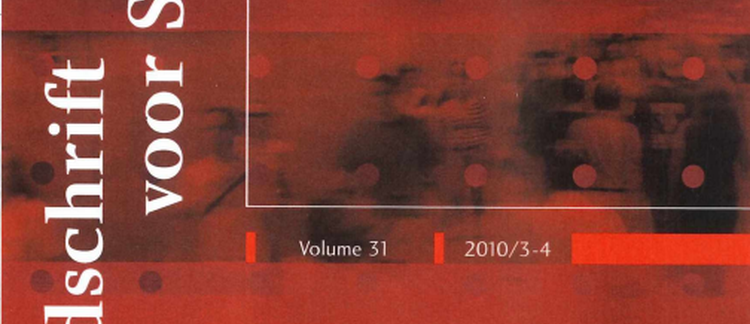Abstract
This paper addresses the question if and to what extent educational expansion in Flanders has led to the equalisation of educational opportunities. We demonstrate how equalization trends can be separated from expansion through the use of odds ratio’s and log-linear models. We apply this method to a pooled data set of 26 Flemish surveys. By examining both the complete educational distribution as well as the successive educational transitions, we can address questions with respect to the nature and timing of equalization in terms of educational opportunities. The results indeed demonstrate the need for a combined analysis of conditional models (for the successive transitions of increasingly selective populations) and unconditional models (taking into account the entire distribution) as argued by Vallet (2004). A downward trend in origin effects for the entire educational distribution can be compatible with stable or even increasing origin effects in the upper transitions, but is generated by the consequences of declining origin effects in the bottom transitions. As regards to the mechanisms driving these conclusions, both the vertical inequality hypothesis (maximally maintained inequality, Raftery & Hout 1993) and the horizontal inequality hypothesis (effectively maintained inequality, Lucas 2001) are supported.
How to Cite:
Groenez, S., (2010) “Onderwijsexpansie en -democratisering in Vlaanderen”, Tijdschrift voor Sociologie 31(3-4), 199–238. doi: https://doi.org/10.21825/sociologos.86758
Downloads:
Download PDF
View PDF

